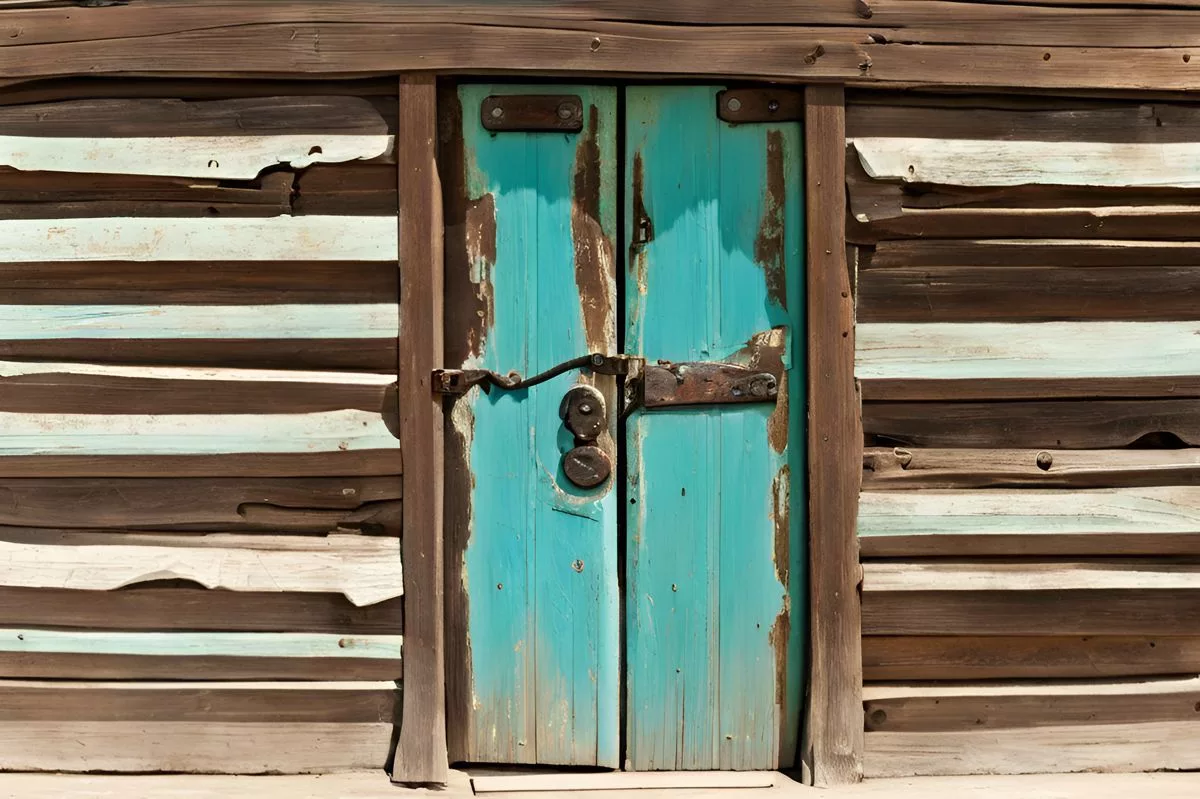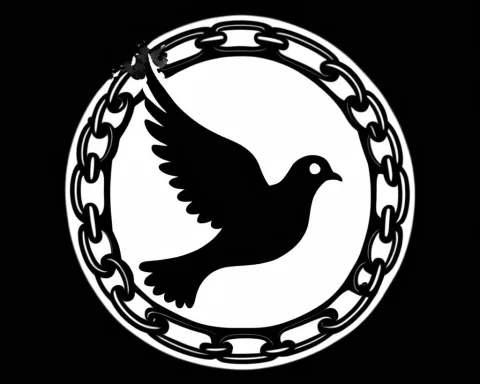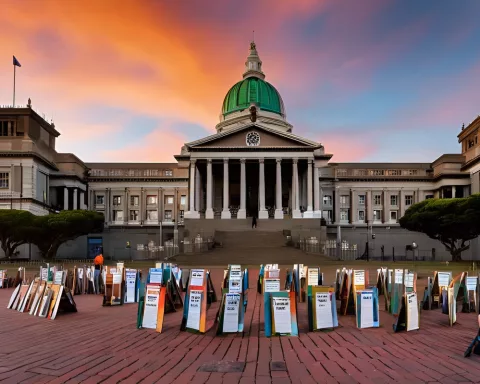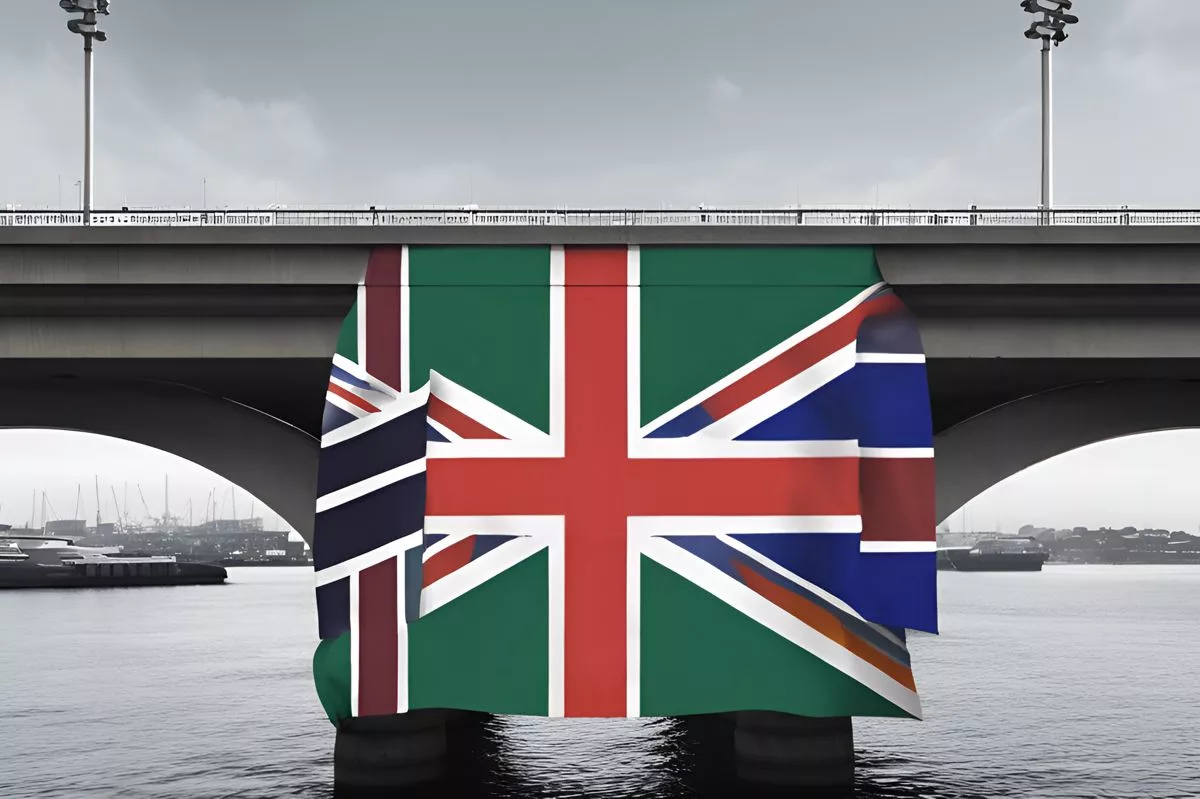Hostel 33, tucked away in Lwandle township, Cape Town, is a haunting reminder of South Africa’s painful past during apartheid. This old building tells the stories of men who lived in cramped conditions while working far from home, fighting to survive in a tough world. Now a museum, it holds their memories and struggles within its worn walls, showcasing items that bring their experiences to life. Guided by Yandisa Magagana, visitors can learn about the strong spirit of those who once called this place home and reflect on the lessons of history that still echo today.
What is Hostel 33 and its significance in South Africa’s history?
Hostel 33, located in Lwandle township, Cape Town, is a provincial heritage site that symbolizes the apartheid era’s migrant labor system. It serves as a museum, preserving the stories of former residents and offering insights into their challenging lives during this tumultuous period.
A Testament to Time: Hostel 33
Nestled within Lwandle township, Cape Town, is Hostel 33—a symbol of a distressing yet crucial part of South Africa’s history. As the world evolves, this hostel remains a stark reminder of the apartheid era and its migrant labor system. Attached to the Lwandle Migrant Labour Museum, it allows visitors to step back in time and experience the lives of the men who once occupied its cramped quarters.
Upon entering Hostel 33, the harsh reality of its history confronts you. The building’s exterior, made from reddish concrete bricks, exhibits visible signs of aging. A partly broken wooden door, once painted a vibrant turquoise, now bears the marks of time. A large cardboard sign on the wall reads: “We the residents of Room 33 deside to write this notice desagree with you about this room to be a messeum firstly give us accommodation before you can get this room. Thank you from Room 33″ (sic). This protest note, penned by former residents, highlights the resistance encountered when the hostel was repurposed into a museum.
Yandisa Magagana, the amiable tour guide and collections officer at the museum, expands on this narrative. “When the museum opened in Vulindlela Street, tenants still lived in the hostel,” she recounts. “They protested because they did not want to be relocated.” Eventually, with the help of a former ward councillor, the remaining tenants were moved to alternative housing. This hostel, the last of its kind in Lwandle, now holds the status of a provincial heritage site under the governance of Heritage Western Cape.
Inside the Walls of Hostel 33
Inside, Hostel 33 offers a poignant glimpse into the past. The first room contains two single beds, each elevated on bricks to create storage space beneath. A rusty cage, doubling as a wardrobe, stands beside one bed, its bars holding a few worn jackets. This austere setup speaks volumes about the frugality and determination of its former occupants.
In another room, dubbed the “beerhall,” a small table and beer crates evoke a sense of camaraderie and brief respite. Here, men would congregate for a drink when beers cost just R2 a bottle. The simplicity of these spaces belies the complex social dynamics and deep connections forged within them.
Constructed in the 1960s, hostels like this were designed to house single men recruited from the Eastern Cape’s former homelands, Transkei and Ciskei. These men, in search of employment in construction, factories, and farms, found themselves living in conditions that strictly regulated their movements. During the turbulence of the 1980s, the hostel’s population ballooned to nearly 3,000, far exceeding its intended capacity of 500. Families began to form, and residents added shacks to accommodate the growing number of inhabitants.
Preservation and Recognition
On 24 September 2018, Western Cape Minister of Cultural Affairs and Sport Anroux Marais and Heritage Western Cape officially designated Hostel 33 a provincial heritage site. This act of preservation ensures that future generations can engage with a concrete piece of history.
Adjacent to the hostel, in an old community hall, stands the Lwandle Migrant Labour Museum. Inaugurated on Workers’ Day, 1 May 2000, this museum serves as a repository for the collective memory of migrant laborers. Magagana highlights the distinctiveness of Lwandle: “What makes Lwandle unique is that it is a township built in the center of the Helderberg Basin. It is unusual to find a township in the center of the city; usually, they are at the outskirts. It was viewed as the ‘black spot’ of the Helderberg.”
The museum’s exhibits weave a rich tapestry of the past. Wheelbarrows, dompasses, old suitcases, radios, and televisions populate the displays, each artifact narrating a fragment of history. Photographs add depth to these stories, capturing moments frozen in time. These visual narratives complement the physical artifacts, creating a comprehensive portrayal of life under apartheid.
Education and Reflection
The museum operates from Monday to Saturday, with tour fees ranging from R50 to R350. It also runs educational programs for schools, ensuring that the lessons of the past reach the younger generation. This commitment to education reflects a broader understanding of history’s role in shaping contemporary society.
Hostel 33 and the Lwandle Migrant Labour Museum stand as enduring symbols of resilience and remembrance. They invite us to confront uncomfortable truths while celebrating the indomitable spirit of those who lived through them. By preserving these spaces, we honor the past and its lessons, ensuring that the echoes of history continue to resonate through time.
In sum, Hostel 33 and the Lwandle Migrant Labour Museum offer more than just a view into the past; they provide a valuable educational resource and a powerful reminder of the human spirit’s resilience in the face of adversity. Through their preservation and the stories they hold, they serve as a testament to the enduring significance of history in understanding and shaping our present and future.
FAQ for Hostel 33
What is Hostel 33 and its significance in South Africa’s history?
Hostel 33, located in Lwandle township, Cape Town, is a provincial heritage site that symbolizes the apartheid era’s migrant labor system. It serves as a museum, preserving the stories of former residents and offering insights into their challenging lives during this tumultuous period.
How can visitors experience the history of Hostel 33?
Visitors can experience the history of Hostel 33 through guided tours led by Yandisa Magagana. These tours provide insight into the lives of men who lived in the hostel, showcasing their struggles and resilience. The museum offers a poignant glimpse into the past with its preserved rooms and historical artifacts.
What types of artifacts can be found in Hostel 33 and the Lwandle Migrant Labour Museum?
Inside Hostel 33 and the adjacent Lwandle Migrant Labour Museum, visitors can find a variety of artifacts that tell the stories of migrant laborers. These include wheelbarrows, dompasses (passbooks), old suitcases, radios, televisions, and photographs, each narrating a fragment of history and evoking memories of life during the apartheid era.
What educational programs does the museum offer?
The museum runs educational programs for schools, ensuring that the lessons of the past reach younger generations. These programs aim to educate students about the historical context of apartheid and the experiences of those who lived in hostel conditions, fostering a better understanding of South Africa’s history.
What are the visiting hours and fees for Hostel 33?
Hostel 33 operates from Monday to Saturday, with tour fees ranging from R50 to R350, depending on the type of tour or program selected. It’s advisable for visitors to check the museum’s official website or contact them directly for the latest information on operating hours and pricing.
Why is Hostel 33 considered a provincial heritage site?
On 24 September 2018, Hostel 33 was designated a provincial heritage site by Western Cape Minister of Cultural Affairs and Sport Anroux Marais and Heritage Western Cape. This designation ensures the preservation of its historical significance, allowing future generations to engage with a tangible piece of South African history and reflect on the lessons it imparts.












